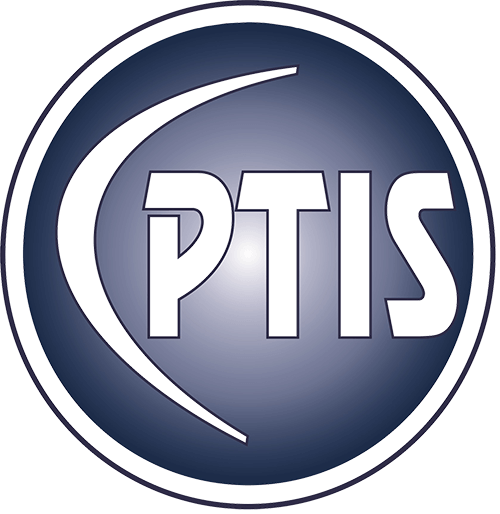The narratives were primarily centered around characters who experienced growth through personal relationships and triumphs over adversity. Popular titles such as “The Hunger Games” by Suzanne Collins and “Divergent” by Veronica Roth captivated a new generation, expanding the audience and igniting discussions about societal structure and personal autonomy.
The Transition Period
As interest in dystopian narratives grew, the genre underwent a significant transformation. However, the genre was relatively niche, with only a select group of readers delving into the depths of what a dystopian world could mean. This connection sparked conversations around topics such as governmental control, environmental sustainability, and individual rights.
Book clubs, online forums, and social media platforms became avenues for discussing the implications of these narratives.
Equally important, here are some key reasons why these books were chosen for exploration:
- Critical Thinking: Dystopian narratives stimulate critical analysis of societal norms.
- Awareness: They raise awareness about pressing social issues.
- Empathy: Readers develop a deeper understanding of different perspectives.
- Inspiration: These stories often inspire activism and change.
The Transition Period
As readers began to engage with dystopian literature, a noticeable shift occurred. Dystopian books became a refuge for those who wanted to explore worst-case scenarios in a safe space. The dystopian genre flourished as it provided a vehicle for authors to critique contemporary society while warning about possible futures. Books like “1984” by George Orwell and “Brave New World” by Aldous Huxley laid the foundational framework for what a dystopian society could look like. The themes explored in these novels resonate with current global challenges, making them more relevant than ever.
In addition, readers not only consume these narratives but also engage with them, reflecting on their implications and drawing parallels with real-world events. As readers continue to engage with these powerful stories, the potential for positive change remains limitless. classic dystopian books
